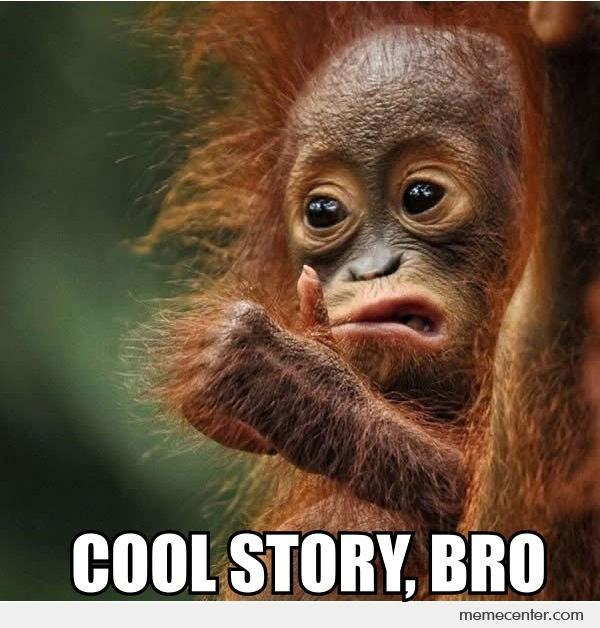So far, I've read pages 1-88 of Yaqui Delgado Wants to Kick Your Ass by Meg Medina. I have to say, I'm already loving this
book a lot more than Feed.
What stands out to me the most in the novel so far is the bullying. This led me to look into it a little. The first fact I found was a staggering one.
Bullying affects nearly one in three American schoolchildren in grades six through 10. I wonder if that's in cases as extreme as Piddy's case. Honestly, this book isn't really centered around her, the main subject is bullying itself. It has ruled her life. Especially after her elephant necklace was stolen from her.
Gosh. This book is depressing. Sure her home life isn't near as bad as Eleanor's from
Eleanor & Park, but her school is worse. Yes, Eleanor was bullied too, but she was so focused on Park, that it almost didn't matter. Besides, Park protected her. She had someone to rely on. Piddy doesn't really have that. She has a friend or two but the only boy who has shown real interest seems to only want to get in her pants. Or maybe he just doesn't know any better. Who knows. He saddens me really.

Aside from the very very depressing aspects of her life, I'm enjoying the reality of the book. Piddy has very real problems. She's dealing with what I would imagine, millions of high school students deal with. I pity her a little, and I'm a little defensive of her. As I read I'm thinking of giving Yaqui a piece of my mind. Can we all just agree that if your boyfriend is looking at another girl, you kick his ass and not hers!? Thanks. What a jerk. As if Piddy doesn't have enough problems to deal with.
Even if this story doesn't lighten up right away we can be sure that, excuse my french, s*** is about to go down.



